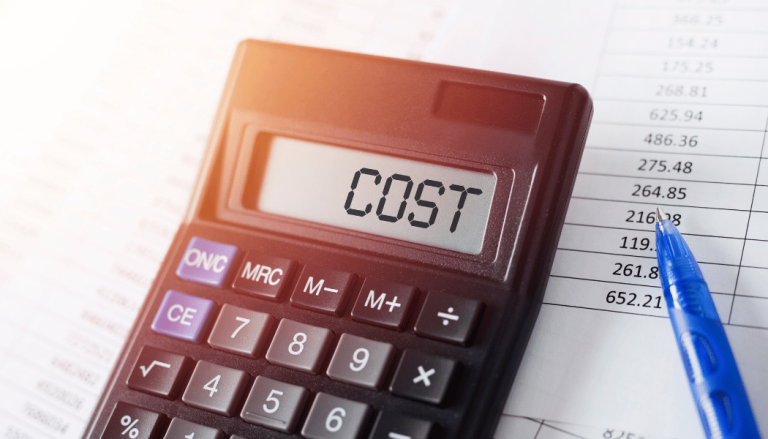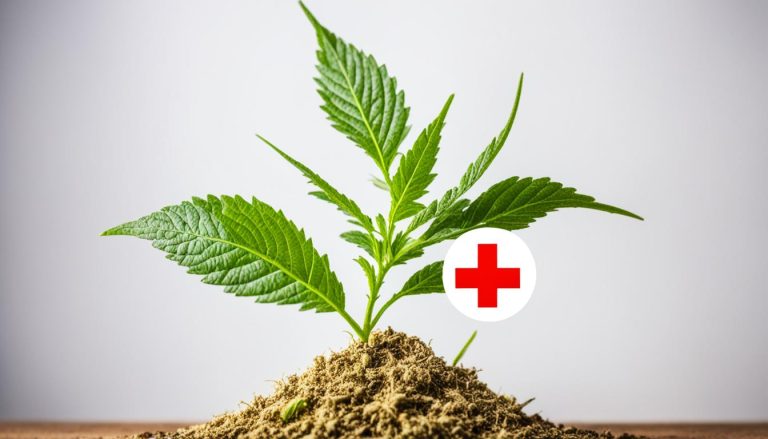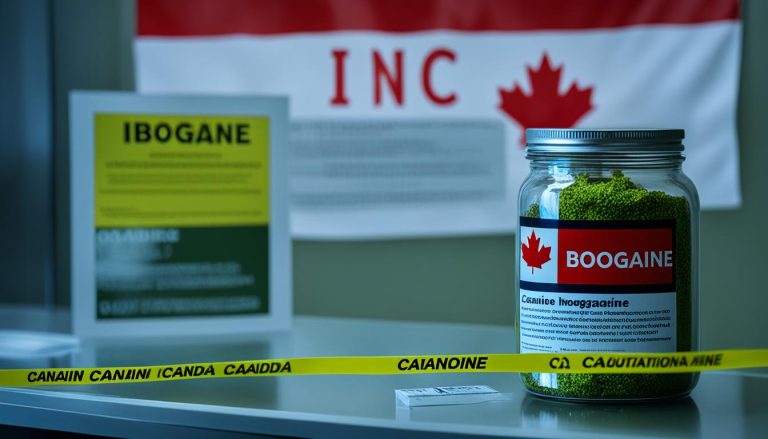Is Ibogaine Legal In USA?
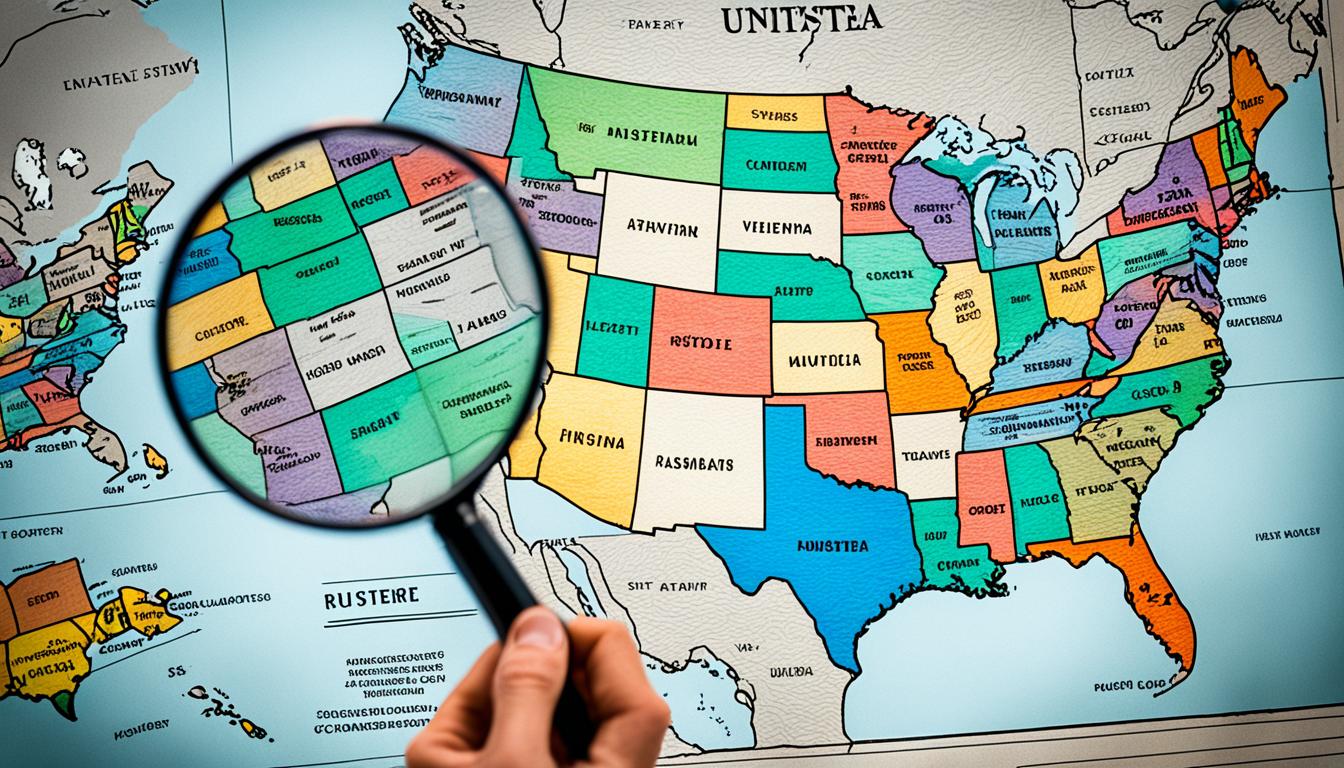
Ibogaine comes from nature but stirs up controversy. It has gained notice for its possible addiction treatment benefits. Yet, its legal status in the United States sparks much debate. This debate shines a light on ibogaine’s difficult position: its potential for helping with addiction fights against current laws.
This psychedelic comes from the African iboga plant’s root bark, putting it in a tough spot legally. For those pushing its use or opposing it, understanding ibogaine legality in the United States is crucial. It helps in figuring out if ibogaine laws in the USA will change to support its use in treating addiction, or if strict rules will limit it.
Key Takeaways
- Ibogaine is derived from the root bark of the African iboga plant.
- It is considered a potential treatment for addiction.
- Federal regulations complicate its legal status.
- The debate focuses on its therapeutic benefits versus legal challenges.
- The legal framework around ibogaine remains stringent in the USA.
Understanding Ibogaine
Ibogaine comes from the Iboga plant’s root bark. It is known for helping with addiction. This substance is used in Central Africa for spiritual events. Now, it’s gaining fame in the US for Ibogaine addiction treatment USA.
What is Ibogaine?
Ibogaine is a special kind of psychedelic. It can stimulate the mind and cause visions. It’s really good at fighting addiction to opioids, alcohol, and stimulants. This is because it can break the cycle of addiction and fix the brain’s chemistry. That’s why people are looking into psychedelic ibogaine USA for help.
History of Ibogaine
Ibogaine is important in the Bwiti religion in Gabon. It’s all about culture and spirit there. Scientists in the West started studying it in the mid-20th century. Howard Lotsof found it could stop his heroin addiction by chance in the 1960s. Since then, stories and studies show ibogaine could be a big deal for treating addiction, especially in the Ibogaine addiction treatment USA scene.
How Ibogaine is Used in Treatment
Ibogaine treatment happens in clinics with doctors watching. It eases withdrawal and cuts down cravings. This lets the person move towards living without their addiction. Users often have deep personal insights during treatment. They understand why they got addicted. This is why there’s so much excitement about psychedelic ibogaine USA. It could change how addiction is treated in the US.
Federal Laws Regarding Ibogaine in the USA
Legal experts often talk about the status of ibogaine under U.S. law. As its potential health benefits catch more attention, people are looking into how it’s classified. This conversation is important for understanding if and how ibogaine can be legally accessed.
DEA Classification
The DEA has a big say in the regulation of drugs like ibogaine. It’s seen as a drug with high abuse risk, no agreed medical use, and unsafe without a doctor’s supervision. This makes it hard to study or use ibogaine to help people.
Schedule I Substance
Being a Schedule I drug puts ibogaine in the same group as heroin and LSD. Federal laws are very strict about these drugs. Making, having, or giving out ibogaine is mostly banned. This makes it very hard to use ibogaine in medicine.
Implications of Federal Legislation
The rules around ibogaine affect many things, from research to what treatments people can get. Being a Schedule I drug stops scientists from learning more about how it can fight addiction. Also, tough laws make doctors wary of using ibogaine, leaving fewer options for those in need.
| Aspect | Implication |
|---|---|
| Research | Significant legal and logistical barriers |
| Therapeutic Use | Severely restricted, often requiring international travel |
| Legal Risks | Potential criminal charges for possession or use |
| Healthcare Providers | Hesitancy due to punitive repercussions |
State-by-State Ibogaine Legal Status
In the United States, the ibogaine legal status varies by state. Federal laws call ibogaine a Schedule I substance, with strict rules. But, states have their own rules about its use and legality, making the situation complicated for those wanting ibogaine treatment.
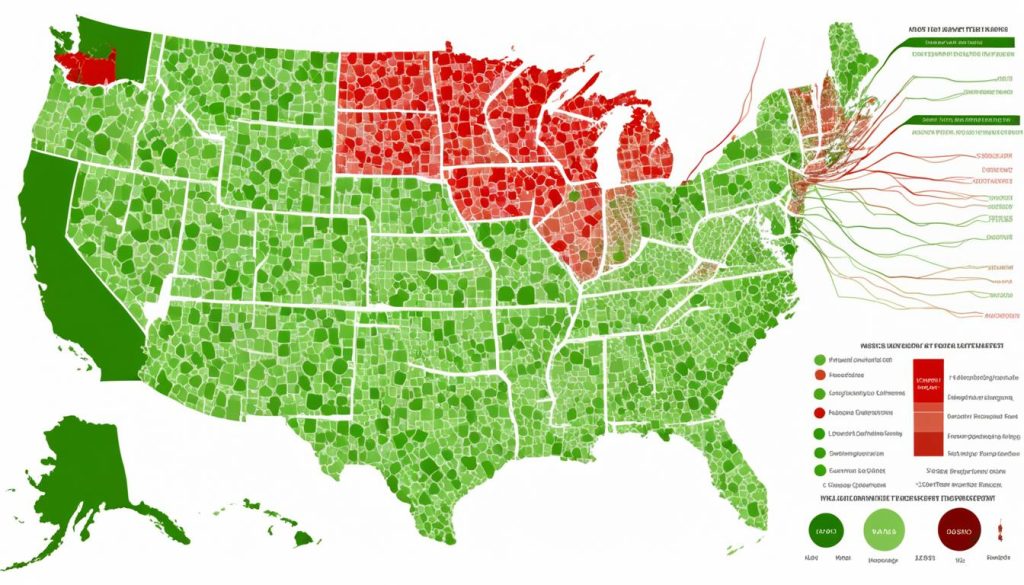
Some states are more open, letting ibogaine be used under certain conditions. Yet, others stick closely to federal laws. A detailed look at the ibogaine legal status across key states can help understand these differences.
| State | Legal Status | Notes |
|---|---|---|
| California | Restricted | Allows research and certain medical trials under supervision |
| New York | Illegal | No legal use whatsoever |
| Florida | Limited Use | Permitted for specific therapeutic cases |
| Texas | Illegal | Adheres strictly to federal classification |
The state-by-state legality of ibogaine treatment USA shows a varied legal scene. Proponents of ibogaine treatment are pushing to change these tough laws across several states. They want to make this therapy more available to those who need it.
Ibogaine Clinics and Centers in the USA
Ibogaine clinics in the USA face many challenges under the federal laws. These centers keep offering effective ibogaine therapy despite these issues. They fight against the legal limits and problems set by both federal and state laws.
Challenges Faced by Ibogaine Clinics
In the United States, ibogaine clinics come across many hurdles. This is mainly because ibogaine is listed as a Schedule I substance. This list includes drugs thought to be highly addictive with no accepted medical use, making it hard for these centers to operate legally.
How Clinics Navigate Legal Hurdles
Clinics offering ibogaine therapy use different ways to deal with these legal problems. One method is to work in states where the laws on alternative therapies are less strict. Some clinics also focus on research and trying to change how ibogaine is classified federally.
Success Stories and Testimonials
Even with legal challenges, many ibogaine clinics in the USA report great success. People often share stories of how their lives changed after treatment. They talk about overcoming addiction, anxiety, and mental health struggles. These stories show the good that ibogaine therapy can do, bringing hope to many.

Is Ibogaine Legal in USA?
The question Is ibogaine legal in USA is not simple. It’s because rules change and people see it differently. Ibogaine is seen as a Schedule I drug by federal law. This means it’s thought to be highly risky and not for medical use. So, getting ibogaine treatment USA is tough.
On a federal level, you can’t use, share, or have ibogaine. Yet, some are looking into its benefits, hoping laws might change. The Drug Enforcement Administration focuses on its risks rather than its possible good effects.
In different states, laws about ibogaine treatment USA can vary a lot. Some are open to studying it or letting people use it in certain cases. Others stick closely to what the federal law says. If you’re thinking about ibogaine therapy, it’s key to know these details.
The situation shows the tough spot ibogaine supporters find themselves in. Looking at both federal and state laws helps see if ibogaine is legal in the USA. It also shows when its use might be okay.
Comparing Ibogaine Laws in Different Countries
The laws about ibogaine vary worldwide, each country making its own rules. To get a clearer picture, let’s look at the international ibogaine law comparison. We’ll see how countries differ in using and regulating it.
Ibogaine Legal Status Worldwide
In different places, ibogaine’s status changes. For instance, Canada hasn’t approved it for medical use but hasn’t banned it either. This loophole lets some clinics work with it. On the other hand, Brazil and New Zealand are more open. They allow ibogaine for treating addiction, showing a shift toward accepting psychedelics for healing.
International Case Studies
Mexico is a key player when it comes to ibogaine. It’s legal there, and many clinics offer treatments for addiction. This draws patients from all over, putting Mexico in a leading position. Another example is South Africa, where ibogaine is also legal and used in addiction therapy. This gives us valuable info on how ibogaine works and its safety.
Learnings for the USA
Looking at ibogaine legal status worldwide teaches the United States a lot. Countries with lenient ibogaine laws, like those mentioned, serve as great examples. They show how the right rules and medical guidance can help the USA create a better strategy. This approach could improve how we deal with addiction using ibogaine.
Conclusion
Looking closely at ibogaine’s legal issues in the USA reveals it’s in a gray area. Even though it could help treat addiction, ibogaine’s Schedule I status by the DEA makes it hard to use. This shows the clash between law and the positive stories we hear about ibogaine.
In different states, the rules around ibogaine vary. While the federal government is strict, some states take a lighter approach. This mismatch calls for a unified national policy. It should be based on solid science to clear up ibogaine’s legal status.
The story of ibogaine clinics shows the struggles of those trying to work within the law. Their journey, along with patient success stories, brings a personal touch to this issue. Looking at how other countries handle ibogaine could help the USA. In the end, while there’s much we still don’t know, the importance of further research and discussion stands out. It’s key to figuring out ibogaine’s legal and medical future.



